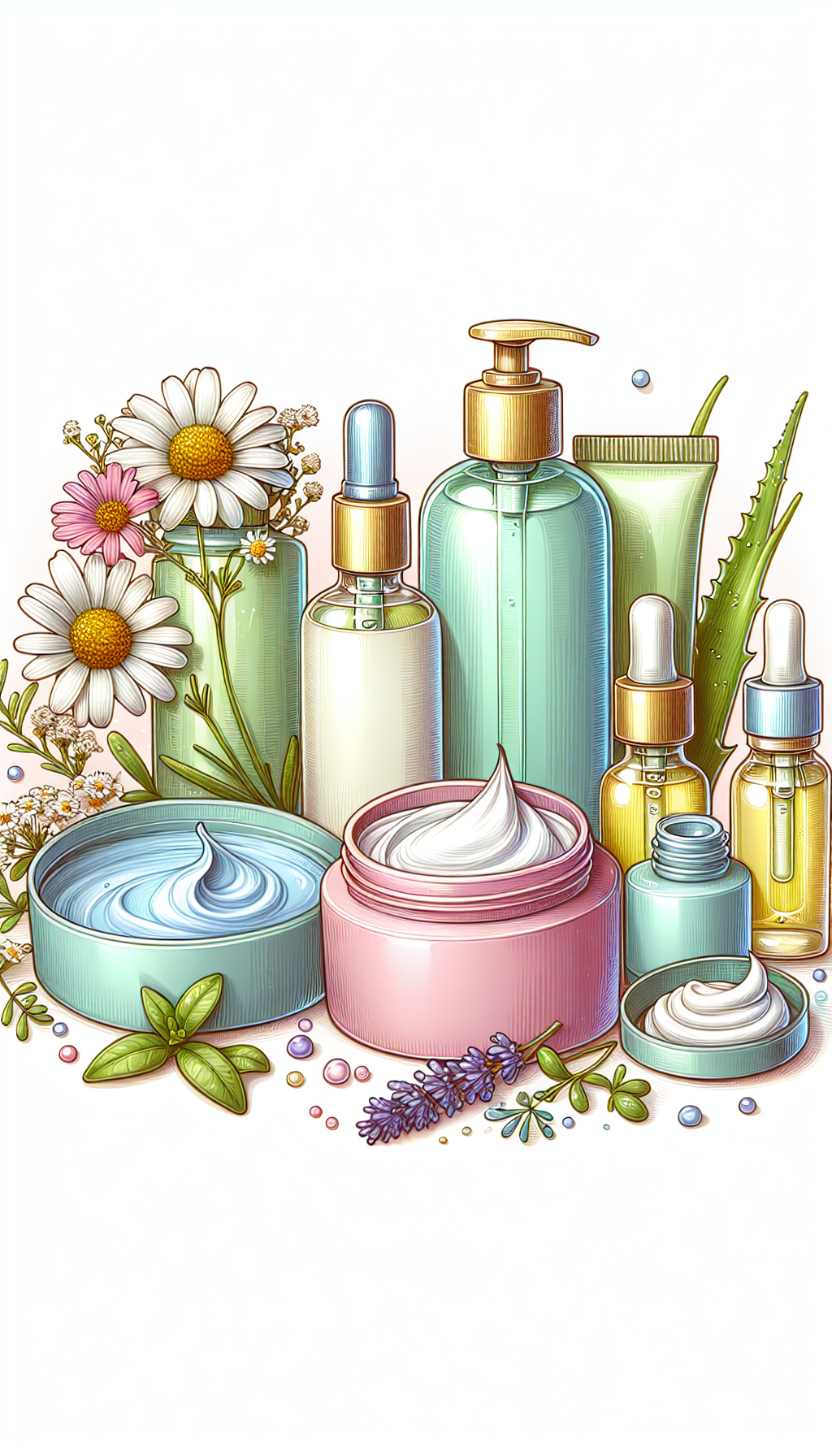Stress is a universal experience that affects us all, influencing various aspects of our health and well-being. Among these, skin health is particularly sensitive to the ebb and flow of the stresses we encounter in our daily lives. Understanding the intricate relationship between stress and skin health can empower us with the knowledge to maintain a radiant and healthy complexion, even during the most taxing times.
The Skin-Stress Connection
Our skin is not only the largest organ of the human body, but it is also an external reflection of our internal state. It’s closely connected to our emotional and psychological health, often reacting to the stress we experience. The skin has a unique set of hormones and neurotransmitters that can respond to emotional and environmental stressors, leading to various skin conditions and affecting its overall health.
Stress Triggers and Skin Response
When we’re stressed, our body releases stress hormones like cortisol. This hormone prepares the body for a fight-or-flight response, diverting blood flow and resources away from non-essential functions, including the skin. This can result in several skin-related issues:
- Inflammation and Breakouts: High cortisol levels can lead to increased inflammation and oil production, which are precursors to acne and other skin irritations.
- Aging: Chronic stress accelerates the aging process by breaking down collagen and elastin, the proteins responsible for skin’s firmness and elasticity.
- Sensitivity: Stress can compromise the skin barrier function, leading to increased sensitivity and susceptibility to allergens and irritants.
For a deeper dive into the science of skin health, explore Avix Health’s comprehensive guide on Skin Health.
Managing Stress for Skin Health
Recognizing the signs of stress on your skin is the first step towards managing it effectively. Here are practical ways you can mitigate the impact of stress on your skin:
- Mindfulness and Relaxation: Practices like meditation, yoga, and deep-breathing exercises can reduce stress levels, promoting skin health.
- Adequate Sleep: Sleep is a critical period for skin repair and regeneration. Ensuring you get enough quality sleep can help reverse some of the effects of stress on the skin.
- Balanced Diet: A diet rich in antioxidants and omega-3 fatty acids can bolster your skin’s defense against stress-related damage.
- Regular Exercise: Physical activity enhances blood flow, which helps nourish skin cells and carry away waste products.
Stress and Skin Conditions
Stress can either trigger or exacerbate several skin conditions, including:
- Eczema: Stress can worsen eczema symptoms by increasing inflammation and compromising the skin barrier.
- Psoriasis: Stress is a well-known trigger for psoriasis flare-ups, with increased stress levels correlating with the severity of the condition.
- Rosacea: Emotional stress can lead to rosacea outbreaks, often resulting in facial redness and swelling.
- Hives: Stress can cause hives, or urticaria, which are raised, itchy areas on the skin.
For those dealing with oily skin and stress-induced breakouts, the article "Tips for Managing Oily Skin and Preventing Acne" offers valuable advice.
External Support for Stress-Related Skin Issues
While managing stress internally is crucial, there are external measures you can take to protect and heal your skin:
- Use gentle skincare products that don’t strip the skin of its natural oils.
- Incorporate products with soothing ingredients like aloe vera and chamomile.
- Always wear sunscreen to protect your skin from UV-related stress.
- Seek professional treatments that can calm the skin and reduce inflammation.
For insights into selecting the best skincare products, consider reading "Choosing the Right Skin Care Products for Your Skin Type."
Further Reading and Resources
To bolster your knowledge on stress and skin health, these niche resources offer valuable information:
- Understanding the Skin’s Response to Stress: An in-depth look at how stress physically manifests in the skin.
- The Role of Nutrition in Skin Health: A scientific article detailing how diet can impact skin condition and stress levels.
- Mindfulness-Based Stress Reduction for Skin Conditions: An exploration of how mindfulness can be used as a therapeutic intervention for stress-related skin conditions.
Conclusion
Stress is an inevitable part of life, but it doesn’t have to take a toll on your skin. By understanding the ways in which stress affects your skin and implementing strategies to manage it, you can help maintain a healthy, glowing complexion. Remember that a holistic approach, combining internal management with external care, is the most effective way to protect your skin against the ravages of stress.
To further explore the connection between overall wellness and skin health, "The Role of Skin Care in Holistic Wellness" is an excellent resource that highlights the importance of integrating skin care into a broader health routine.
By taking care of your skin and managing stress, you’re not only nurturing your appearance but also supporting your overall health. Your skin is a mirror of your internal world, so let it reflect a state of calm and balance.



